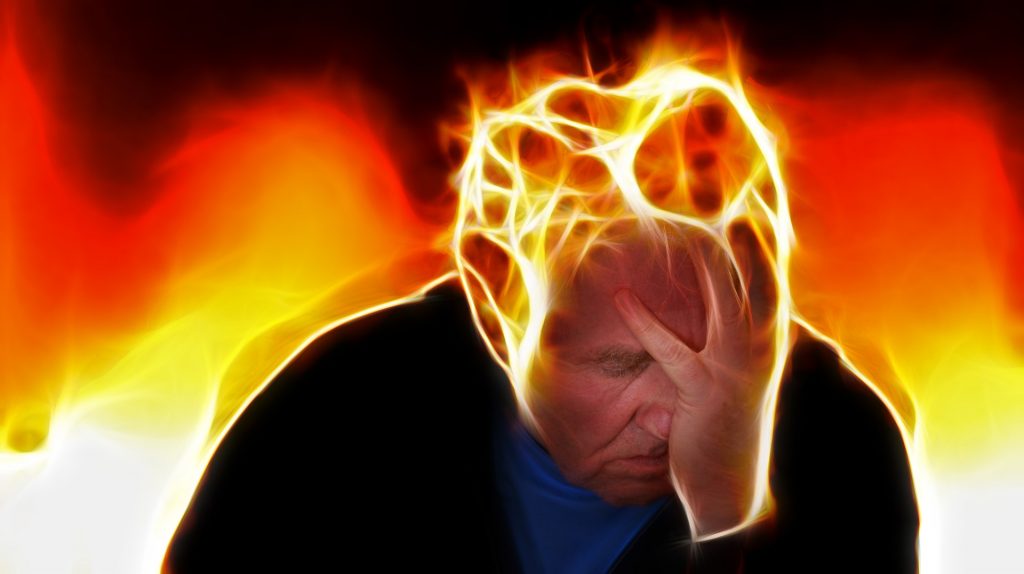Job burnout is a type of psychological stress characterised by lack of enthusiasm and motivation, ineffectiveness in the workplace and the feeling that one is overwhelmed and unable to meet constant demands. Occupational burnout can lead one to feel cynical and resentful. It is particularly prevalent in the helping professions with social workers, nurses, teachers, physicians, customer service representatives, and police officers being most at risk.
The negative aspects of burnout may affect both home and work life. In addition, burnout can lead people to be more susceptible to illnesses such as colds and flu.
Burnout may be a problem for you if you feel:
• Every day is a bad day
• Taking care of your work or home life feels like a waste of time
• You are plagued with exhaustion
• Tasks at work feel mind-numbingly dull or overwhelming
• You do not feel your work is appreciated
Burnout may occur gradually over a period of time. Physical signs of burnout include:
• Feeling tired and drained all the time
• Lowered immunity
• Frequent headaches, back pain and muscle aches
• Change in appetite or sleep habits
Work-related causes of burnout include having unclear job expectations, having little recognition for good work or not experiencing a sense of control over your work. Research has revealed that having a bad job is worse than having no job at all. Apart from work related causes of burnout, there are also lifestyle causes of burnout. These include working too hard and not having enough time to relax and destress. In addition, taking on too many responsibilities and being expected to be too many things for too many people may become a problem. Poor sleep and lack of social support are often causative factors. In addition, certain personality traits are correlated with burnout. These include having an A type personality or traits such as pessimism.
Psychotherapy Calgary
Is burnout the same as depression?
Stress at work can cause physical and mental symptoms. Exhaustion is a sign of stress and not necessarily of illness. How is burnout different from other disorders such as depression? Symptoms of burnout resemble symptoms of depression. These include:
• Extreme exhaustion
• Feeling low
• Reduced performance at work
One of the main differences between depression and burnout is that in depression, negative thoughts and feelings are not just restricted to work but may occur in all areas of life. Symptoms that may be typical of depression include low self-esteem, hopelessness and poor energy. It is worth pointing out that burnout symptoms may put one at risk of depression. The unhappiness and depression that burnout produces could threaten your relationships, health and job.
Preventing burnout
Cut back on obligations and extra commitments. Set boundaries and learn how to say “no”. Give yourself time to slowdown, take a break and change your outlook. Make sure you plan a vacation – research shows that North Americans do not always take all of their vacation time. Lots of short vacations are more beneficial than one long vacation.
Be mindful of your thoughts and actions rather than rushing from one thing to another. Take the time to appreciate the small things that bring joy. Reconnect with feelings of fun and a sense of purpose.
Reach out to others and look for social support. You might find others who have experienced a similar story. Sharing your experience can bring a feeling of relief and renew friendships and relationships.
Ask yourself what you can do to manage your stress. This may include learning how to practice relaxation, exercising regularly, eating healthy, being assertive and having a realistic attitude. It may also include learning how to manage your time wisely.
Stop being burnout and be active. Contact us today and see what treatment is best for you!

